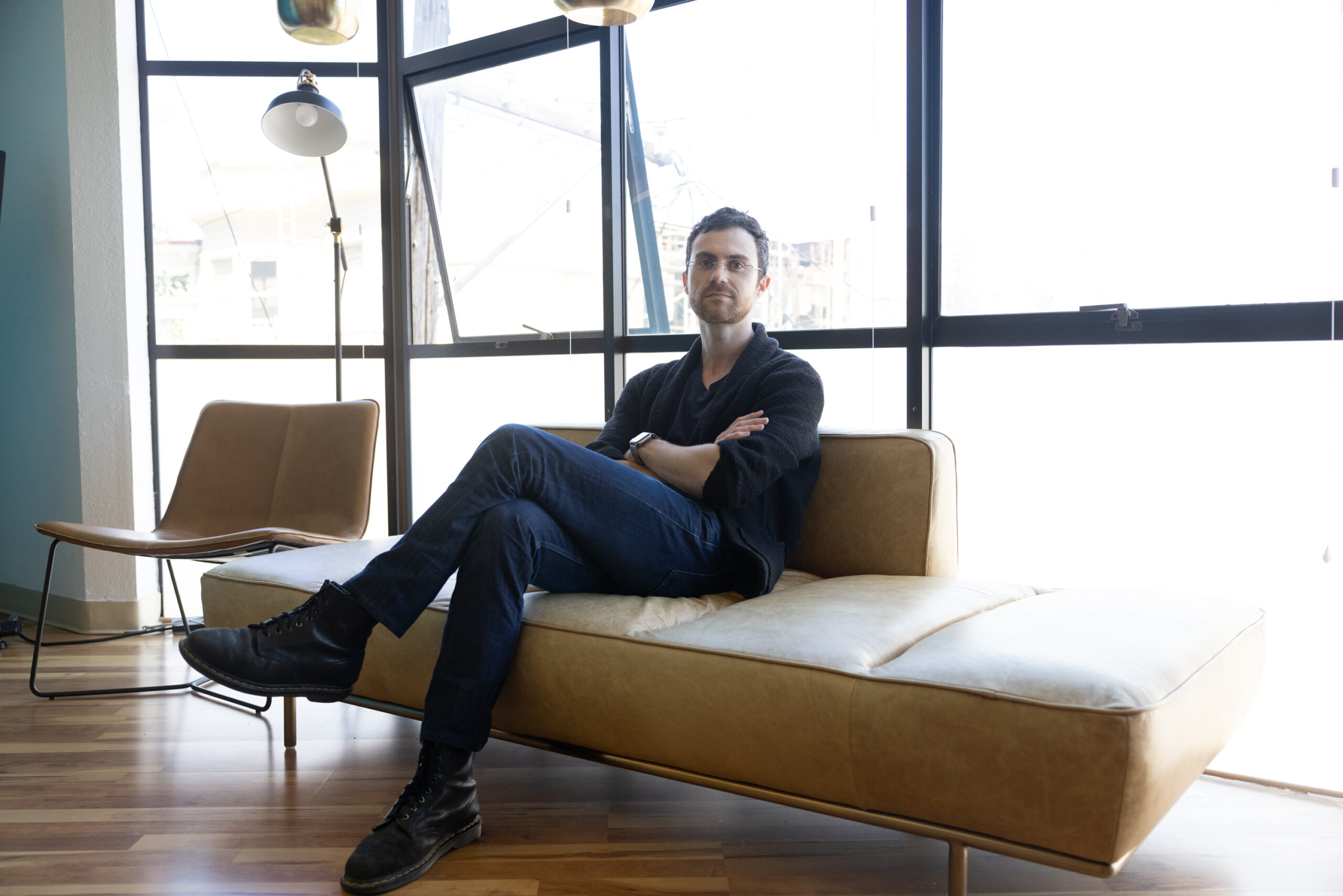Tech CEO Flo Crivello was a huge believer in the way Covid permanently changed work—so much so that he started a company in 2020 with the mission of helping teams go remote with the creation of virtual office software.
But three years later, he’s made a complete reversal on that theory. The conclusion he’s come to through building his new startup, Lindy.Ai—which uses artificial intelligence to act as a personal assistant—is that remote work just won’t work for the company he and his employees are building.
Last month, Crivello sent a memo to his 22-person team laying out the reasons for his reversal and calling folks back to work in San Francisco. The company has signed a lease at 1841 Market St. at the edge of the Mission District and is in the process of installing desks and furniture.
“It’s slightly embarrassing, frankly, for me to make such a 180 after beating that remote drum so hard,” Crivello said in an interview. “But this isn’t a case of ‘This is a team that hasn’t done it right or doesn’t know what they’re doing.’”
Ultimately, there is ego, and there are business realities. Crivello said the growing consensus from him and his cohort of founders is there’s simply no replacement for in-person collaboration. For one, virtual meeting technology just sometimes doesn’t work, and even when it does, the quality of conversation is just not up to par.
“The experiment is over; we tried, and we failed as an industry,” Crivello said. “It’s very hard to beat how the brain has evolved over millions of years for synchronous in-person collaboration. Everyone just wants to get out of the darn Zoom meeting.”
His thoughts echo a growing chorus of public comments from tech leaders like OpenAI CEO Sam Altman, who called the industry’s rush to embrace permanent remote work one of its “worst mistakes in a long time.”
Garry Tan, the CEO of Y Combinator, one of the country’s premier startup incubators, said at the Axios BFD dealmakers summit in San Francisco that he’s been focused on bringing aspects of the startup incubator back in person. Y Combinator’s last batch of participants met in person 86% of the time, and he plans to improve that to “99-100% this time.”
Tan touted the impact that in-person conversations and meetings can create, particularly for companies in the early stages of their development.
“The one team that’s staring each other in the face and being able to have super high bandwidth communication, they’re probably going to beat the [remote] team nine times out of 10,” Tan said.
Some larger firms are also requiring employees to return to the office, at least part-time. Meta, for example, recently told employees that they’re required to return to work three days per week starting in September.
According to real estate sources, AI firms are among the companies currently looking to grab large office spaces. City officials have been more than happy to grab the baton, with Mayor London Breed recently declaring San Francisco “the AI capital of the world.”
“It seems to be an area where there’s actual growth. I think that’s particularly interesting at a time when big tech is still retrenching," said Ted Egan, the city’s chief economist. “Certainly, for now, I think AI is a big demand driver.”
Any changing sentiments about remote work in the tech world haven’t yet shown up in the data. San Francisco’s office vacancies are at record highs, and foot traffic Downtown lags far behind other U.S. cities compared with pre-pandemic numbers.
For his part, Crivello estimated that 90% of people were excited about the return-to-office news and around half of the team would be moving to San Francisco. To help with the transition, the company is providing bonuses, relocation allowances and raises.
Lindy is exempting people who were hired under a remote structure, but no additional hires will be made outside of San Francisco. His note to employees includes an FAQ section that responds to some of the city’s perceived issues around crime and taxes.
However, Crivello is not blind to the benefits of remote work, particularly for work-life balance and flexibility for those with families, but he believes there’s no better place or method than building an AI startup in-person in San Francisco.
For a metaphor to explain why, he used the example of lichen, which is often found growing on rocks or trees and is created through a synergistic combination of algae or bacteria and a fungus.
“The Bay Area is very similar because there’s an interlocked dependency between the three things, which is investors, founders and employees,” Crivello said. “That’s strong for tech, and it’s even stronger for AI because everyone’s here.”
